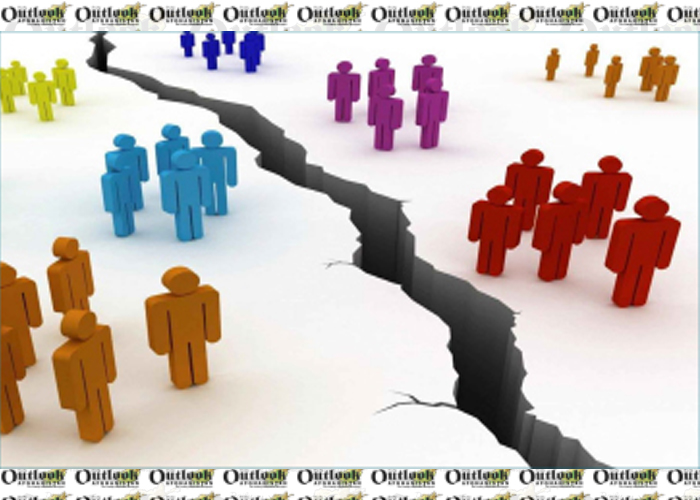The United States is wrapping its military presence in Afghanistan, believing that tribal structure is deeply imbedded in the country, where cultivating American democracy is not possible.
It appears that Washington is going to pass the baton of peace talks to the Kabul administration and the Taliban leadership whether to reach a negotiated settlement or play it foul. If the latter is picked, the consequences will be horrible.
Thomas Friedman, an American writer, called Afghanistan “deeply tribalized” and “male-dominated” with “Islamic fundamentalist culture”. Reminding his trip to Afghanistan with Joe Biden, the then chairman of the US Senate Foreign Relations Committee, in 2002, he said that when the two went to meet the then Minister of the Interior for Afghanistan’s interim government, Yunus Qanooni, a Tajik leader, they saw a picture of Ahmed Shah Massoud behind his desk instead of the picture of his president Hamid Karzai. He concluded, “Never trust a country where a new minister has the picture of his favorite dead militia leader, not the country’s (interim) president, over his desk.” He added, “It seemed to me that the tribal warrior culture ran so deep in this place [Afghanistan], it would be hard for any neutral central government to sink real roots.”
It is self-explanatory that tribal culture is really deep in the cultural layers of the Afghan society and the public view issues from tribal and traditional lens. In the post-Taliban Afghanistan, democratic and human rights discourse was debated hotly and the people flocked to ballot boxes to elect their president, however, there is still strong sensitivity towards human rights as well as the rights and liberties of women, mainly in tribal areas.
The Taliban seek to maintain their firm hold on cultural issues as they exercise their fundamental Sharia law in remote areas.
Worst, high-ranking political leaders view issues from ethnic and racial glasses. They urge for their rights and political quota not as citizens but as the leaders of certain ethnic groups. Entering university and scoring grades there has been divided on quota system based on ethnicity. For instance, if a person belonging to Pashtun ethnic group and lives in an insecure province, he is qualified for studying medical science through getting 150 score in university entrance exam; whereas a student belonging to Hazara, living in a relatively secure province, will not be qualified for the same field through getting 300 scores in the entrance exam. When the injustice is accepted as just and people are treated on the basis of their ethnicity, resolving major challenges is likely to be next to impossible.
Taking into consideration the tribal and ethnic mindset, Friedman believes that nation-building in Afghanistan is similar to that on the moon as he referred to a sentence of his opinion piece in New York Time, “We might as well be doing nation-building on the moon”. Ironically, he said, “I wonder if we have become more like the Afghans and not the Afghans more like us”, adding that “Getting out of Afghanistan turned out to be harder than getting in”.
To view Afghanistan from outside, it is still “the grave of the empire” and highly tribalized. In other words, the United States believes that nation-building in a tribal and patriarchal community like Afghanistan will be doomed to failure. But it will it justify the irresponsible withdrawal of US forces from Afghanistan?
The US did not include the Taliban leaders in Bonn Conference and sought to prosecute them.
That is, the US invaded Afghanistan with the narrative of “war on terror” and the Taliban were recognized as a terrorist group and had to be dismantled. But handing Afghanistan back to the same group after two decades of investing blood and treasure seems unreasonable.
The US and its international allies have to, at least, push the peace talks to fruition and achieve international consensus over peace process and guarantee that Afghanistan will not plunge into civil war and the Taliban declare a permanent ceasefire. In short, I do confess that tribalism still holds strong sway in Afghan culture, but it certainly does not justify irresponsible exit.
Since a number of terrorist groups, including al-Qaeda and its affiliates, are reportedly operating in Afghanistan, the war on terror is not accomplished.
Thus, leaving Afghanistan in the lurch and turning back to the public concern is not fair. Afghans do not deserve to pay more sacrifices after doing so in the last couple of decades. Opening a can of worms but not closing it seems really unfair.
Home » Opinion » Tribalism Unlikely to Justify Irresponsible Exit
Tribalism Unlikely to Justify Irresponsible Exit
| Hujjatullah Zia

